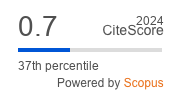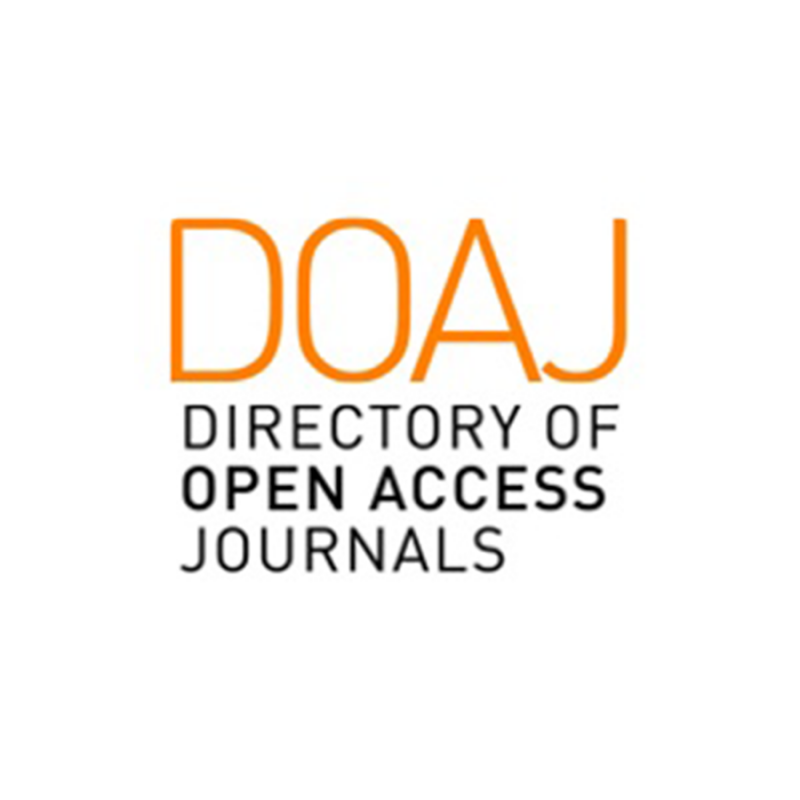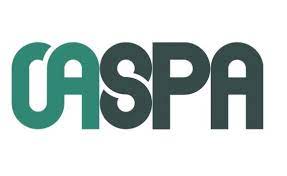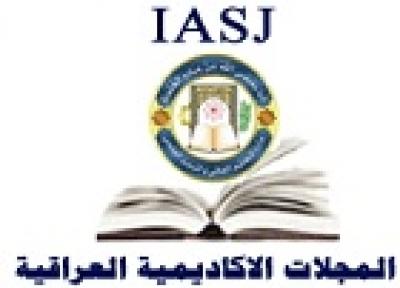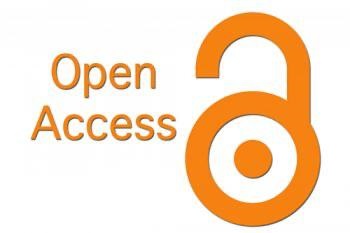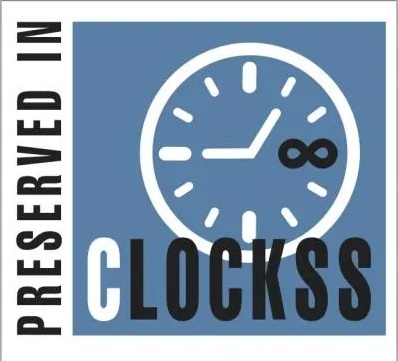Pharmacist Intervention to Address Drug Related Problems in Patients with Decompensated Liver Cirrhosis
DOI:
https://doi.org/10.47723/kcmj.v19i1.888Keywords:
drug related problems, liver cirrhosis, clinical pharmacist, IraqAbstract
Background: Patients with decompensated cirrhosis are often given therapeutic and prophylactic drugs. Polypharmacy raises both the likelihood of prescription errors and the complications associated with drugs. Clinical pharmacists are excellent at recognizing, addressing, and preventing clinically significant drug-related problems.
Objectives: Identification types of pharmacist interventions to address drug-related problems in patients with decompensated cirrhosis and assess the acceptance/implementation of these recommendations. And identify patient factors associated with accepting pharmacist recommendations.
Subjects and Methods: Prospective, interventional, clinical study for 80 hospitalized decompensated cirrhosis patients was conducted at Baghdad Teaching Hospital and lasted for four months, from the first of December 2021 until the last of March 2022. The study involved two phases, the first one was observational to identify drug-related problems and classify them according to the Pharmaceutical Care Network Europe classification version 9.1, and the second phase was interventional to increase the awareness of patients and health care providers about those problems and to propose a proper solution for each one.
Results: The most frequent pharmacist intervention was proposed to the prescriber (54.7%), followed by speaking to the caregiver (37.7%). Acceptance and full implementation were highly observed in 71.1% of the intervention. There is a significant association between occurring ascites and bleeding in patients and accepting/implementing pharmacist recommendations
Conclusions: Patients with decompensated liver cirrhosis have a significant prevalence of drug-related problems. Clinical pharmacists are excellent at recognizing drug-related problems and reducing their incidence, and their interventions were well accepted.
Downloads
Published
Issue
Section
License
Copyright (c) 2023 AL-Kindy College Medical Journal

This work is licensed under a Creative Commons Attribution 4.0 International License.



